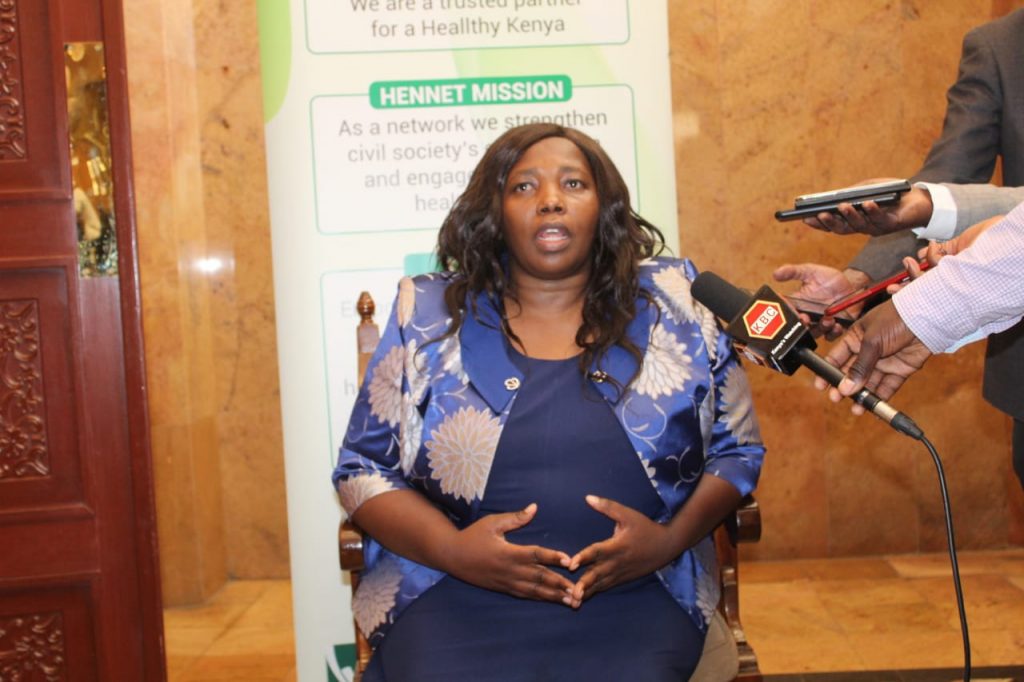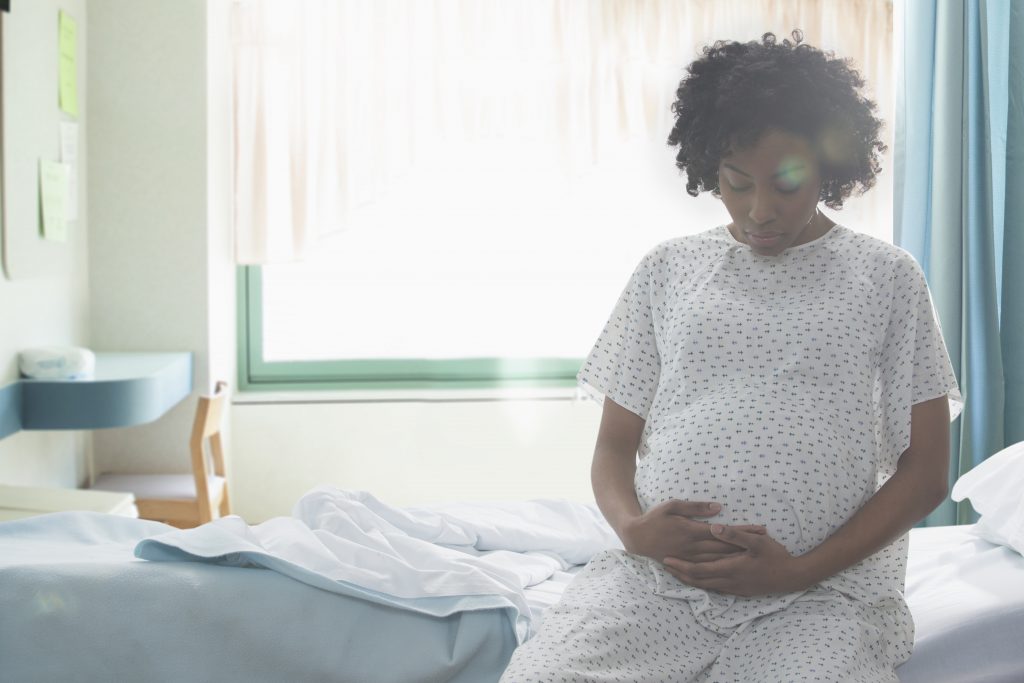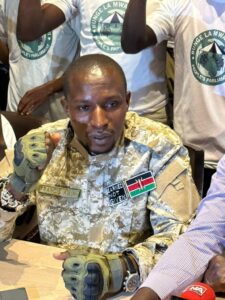Policy makers in the health sector have been urged to step up public health initiatives especially in the slums where access to proper maternal care still remains a challenge.
Speaking during a stakeholder’s consultative forum in Nairobi, Dr. Mercy Onsando the CEO of the Health NGOs Network (HENNET) pointed out that its time Kenya should fast track the process of implementing the Partnership for Maternal, Newborn and Child Health (PMNCH) that was signed last year.
“Donors are exiting and we are now in new level of development as a country and there is no way we will continue depending on them to fund our healthcare. Kenya did sign a PMNCH call to action commitment in 2020 for the government to increase health funding,” said Dr. Onsando

The calls comes amidst increased push for government to develop sustainable health financing models.
HENNET Engaged politicians and stakeholders in the health sector focusing on Women girls and adolescent to identify the gaps and opportunities that can be leveraged on to improve access to health.
According to the ministry of health records close to 40 percent of Kenyans still finance their health needs with out of pocket expenditure.
Health CAS Mercy Mwangangi says that the country is still heavily dependent on donors funding for health programmes at 30 percent, while another 30% is funded by government.

“We are here meeting as stakeholders in the sector to see how we can ensure more domestic resources are allocated to these key health sectors. Currently we are finalizing the donor transition plan that outlines steps and processes that the government will take to ensure that we transition such that more resources are allocated from treasury,” said Mwangangi.
However Duplication of roles in the sector has still remained a challenge that’s weighing down up scaling and implementation of health initiatives.
In the maternal sector there is still a standing debate on whether patients with NHIF should have access to Linda Mama.
Dr. Onsando says that the deliberations with the health sector decision makers such as MPS and the government will help figure out frameworks to ensure that commitments can be contextualized and implemented.
“After passing the NHIF bill that brought Universal Health Coverage (UHC) under NHIF, we are working on how to reduce duplication of programmes, Packages like the Linda Mama, Edu Afya, Elderly Cash Transfer can be collapsed into one and all put on the same scheme. This can cater for 4 million households,” said Sabina Chege a members of the parliamentary health committee.

Following this renewed push Public Health Centres and hospitals from level 3 and above will now be required to operate for 24 hours.
This is to try and ensure that women can access maternal healthcare whenever they need it.
President Uhuru Kenyatta has opened maternity units in several low income areas in Nairobi in a bid to improve maternal healthcare in these regions.
According to Mwangangi this comes after much deliberations with the parliamentary budget and health committees to ensure that the fourth phase of Universal Health Care is implemented.
Kenyans who live under dollar a day currently comprising of 36 per cent (4 Million) of the population will need about Ksh24 Billion annually to access medical care through NHIF.
Currently health funding towards the low income group in Kenya stands at 6 billion.

“There is a gap, we have been engaging with Nairobi Metropolitan Services on the progress of the hospitals. If there is a facility that is not operating 24 hours kindly raise the issue with the relevant ministry of health office,” said Mwangangi.






More Stories
Lipa Pole Pole by Jubilee Health Makes Health Insurance Affordable for Every Kenyan
Over 50 Patients Receive Free Treatment at Mama Lucy Kibaki Eye Camp
East Africa in the Dock: Panel 54 Breaks Down the Silent Erosion of Freedoms